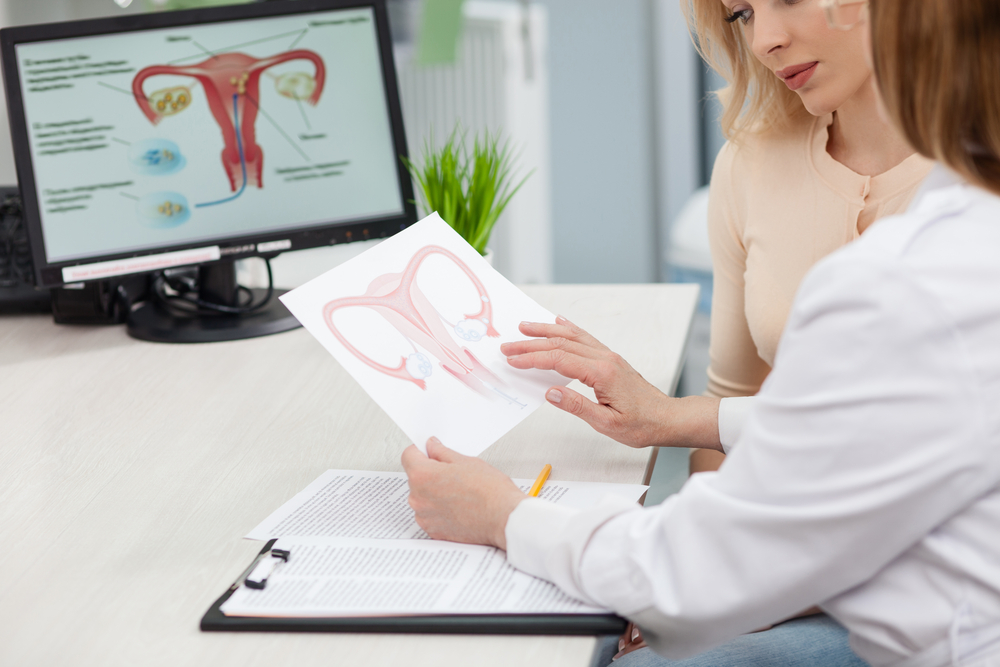Generally, many women who undergo a hysterectomy (but retain their ovaries) will experience changes in their hormones, even though they still have ovarian function. Some won’t note any differences following their hysterectomy, whereas others will immediately notice significant symptomatology of menopause, even though their ovaries are intact.
We have several recommendations for women who are having a hysterectomy. First, they may want to consider the use of natural progesterone prior to the hysterectomy. They may then want to have their hormones evaluated by a local practitioner and introduce natural progesterone in a cycle of 21 days on and one week off, or two weeks on and one week off.
In addition, we recommend they begin using soy isoflavones, 80 mg a day, to prevent the symptoms of hot flashes. We also recommend the use of black cohosh, one tablet twice a day, in-between meals; a quality multivitamin that contains calcium and magnesium; and omega-3 essential fatty acids. This will prove to be extremely beneficial, along with dietary changes consistent with decreasing carbohydrate intake, to alleviate many of the symptoms that some women experience after having a hysterectomy.







